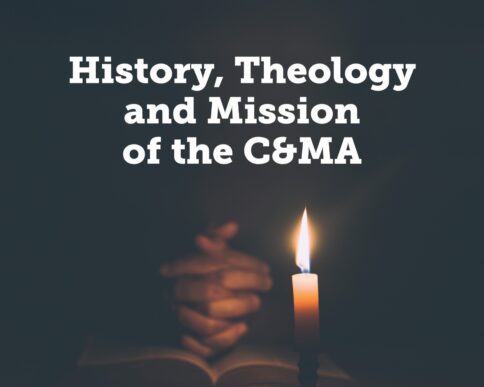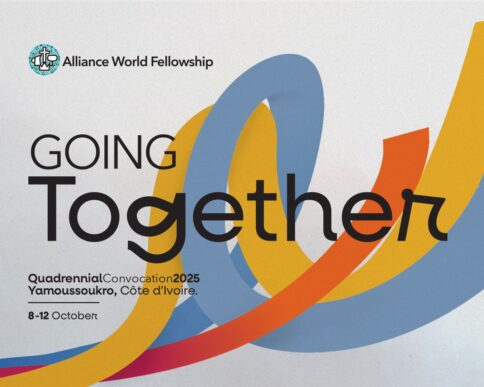The Guayaquil Manifesto – Challenges
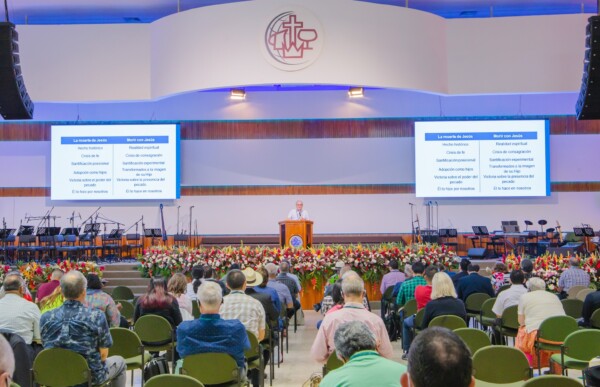
Related News
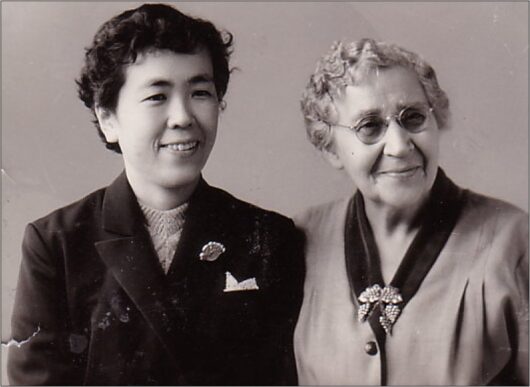
Mutsuko Ninomiya: Pioneer Missionary from Japan to Brazil
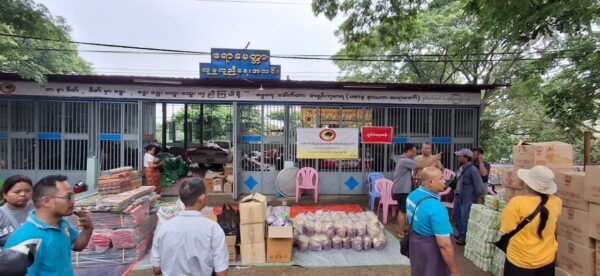
Alliance Churches in Thailand and Myanmar Respond to Dual Crises
The Guayaquil Manifesto, approved at the last AWF Quadrennial, aims to present our response to the challenges that we face today as a missionary movement. This is the first of a series of reflections on the manifesto to be written by members of the AWF International Commission of Theological Education. These reflections aim to strengthen our identity as a Christ-centered missionary movement.
It goes without saying that Jesus Christ was a man of his times, of his culture, with extensive knowledge of his religion, and of both Hebrew-nationalist and Roman politics. Jesus was not ignorant of his times, yet he was able to express his gospel to society.
We are living in times that none of us even dreamed of some time ago. The COVID-19 pandemic has had a severe health impact, but it has also been a time that inaugurated social transformations, given birth predominantly by the new concept of the State during the pandemic. The State ordered us to be locked in our homes and, among other things, prohibited religious exercise, and the closure of public places of worship. To help countless millions of people impoverished by COVID-19, the State had to respond with deep economic restrictions and flagrant spending. Currencies inevitably devalued and national debt dramatically increased. Inflation became part of our economies. Interestingly, the new interpretation of state authority did not result in feeling persecuted, nor was it largely opposed. Rather, we felt protected. The pandemic in a way stopped the world, and in a way it integrated us into new modes of existence.
To be sure, the pandemic generated more poverty, more misery, and boosted more immigration movements to the extent that we now have changing global demographics. No one was honestly prepared for these social changes. Included in mass migration has been the dramatic rise of Internally Displaced Peoples (IDP). Nothing has highlighted this more in recent times than the surprising and inexplicable Russia-Ukraine war. Without discussing the causes or even the consequences, the war has tested the major institutions (NATO; UN) showing the political and moral weakness of these entities.
How do we respond to these structural challenges? The Alliance must return to the adage of “understanding the times” (Issachar, 1 Chronicles). The epicenter of power has changed. It is no longer a matter of West-East. We are interested in how much this affects the church, and its commitment to evangelizing the world. Can we insist as we had done years ago that the epicenter of the missions had changed from North to South? My personal opinion that this statement previously defended, can never, even today, stand upright. Globalization as a concept marks, in a certain way, the disappearance of ministerial philosophies based on the four cardinal compass points. The current state of the world should have forced us to redefine roles and missionary behaviors. There was a lack of missionary geopolitics that responded to new components such as: the diaspora and its importance, immigration, and to avoid the negligence of a missionary reductionism that blinded us to the great realities of a globalized world that is not reached by the gospel.
Obviously, we cannot ignore that hundreds of Alliance missionaries today are offering their lives in the service of the Lord. There is no doubt about that. But the Alliance has to navigate new seas and being so: (1) it must agree on missionary strategies updated to this century; (2) it must work with a mentality of union and team work in the face of the missionary challenge; (3) it must raise the standards of missionary service; (4) the old slogan is still valid, “give me the world or I die”; it is not simply a touch of poignant poetry, that passion must be the reality; (5) the Alliance needs to redefine roles of its missionary contingents and investments of economic resources and undoubtedly; (6) all this must be done in a climate of deep prayer, humility, respect and brotherhood. In the midst of all this we can rest in the knowledge that God, as always, will work in blessing.

